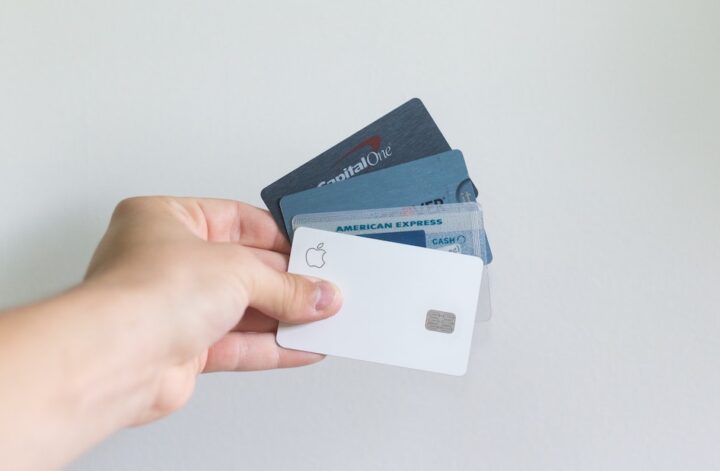When used carefully, a credit card can be a beneficial financial tool. If you’re new to credit cards and are planning to apply for one, you may be wondering how to choose a credit card. There is no best credit card that works for everyone. We don’t all have the same needs or goals. But there are some important considerations to make when comparing credit card options. Keep reading to learn more about how to choose a credit card that meets your needs:
Know your credit score
You want to have an idea where your credit stands and what your credit score is. Card issuers look at your credit report and consider your credit situation during the application process.
If you have a poor credit score or limited credit history, you may not be eligible for some of the more desirable credit cards like a premium travel rewards card or a premium business credit card. For those with minimal credit history, a student credit card, secured credit card, or credit card designed for people with bad credit may be best. You can use a beginner card to improve your credit report and score and get a better card later.
Many card issuers make a note of the type of credit that you need to apply for a specific card on their website. If they don’t see a suggested credit score listed, you can look at reviews for the card online to get a feel for the type of credit that you need.
Figure out your goals
We all have different reasons for using credit cards. It’s a good idea to figure out your own needs and goals before you apply for a card. This way, you choose the right card for you. Why do you want to get a credit card?
Here are some examples of why some people might choose to get a credit card:
- Earn rewards on everyday spending
- Cover an upcoming expensive purchase
- Have available in case of emergencies
- Make occasional purchases and pay off in full to build credit
Review all card fees
Before you apply for a new credit card, you’ll want to take the time to review all fees. This includes the annual fee, or yearly fee that you might have to pay to use a card. There are some cards with high annual fees, modest yearly fees, and even cards with no annual fee at all.
You should also review other fees like late payment fees, foreign transaction fees, balance transfer fees and interest rates. If not, you may be in for a surprise when your credit card bill comes. Remember, you can avoid paying interest charges by paying your credit card balance in full every month.
Understand how the card earns rewards
If you’re getting a card to earn credit card rewards, you want to make sure that you fully understand how you’ll earn points or miles so that your expectations are accurate.
Here’s what you need to know:
Some rewards cards offer flat-rate earning on all spending, such as 2 points per $1 on all purchases. Other cards have different purchase categories and different earning rates for each. One card might earn 3 points per $1 spent on travel, 2 points per 1 on dining purchases, and 1 point per $1 on all other purchases.
It’s also worth noting that not all cards offer unlimited rewards—some cards have spending caps on rewards. For example, a card might offer 3 points per $1 on gas purchases on up to $1,500 in spending each quarter. Once you spend over $1,500 on gas, you’ll earn at a lower rate.
You should also review the rewards program and figure out how you can redeem your rewards points or miles once they’re earned. Not all rewards programs are the same.
Knowing how a rewards credit card earns rewards and what the card issuer’s rewards program is like is a must because you want to make sure you’re getting the right rewards card based on your spending habits.
Look at the card’s benefits
Many credit cards come with extra benefits that can make them more valuable. This may include perks like purchase protection, travel cancellation and travel interruption insurance, or cell phone damage protection. Knowing the benefits can help you get the most out of your card. You may not need a lot of benefits, but some credit card benefits can improve your life.
Don’t neglect sign-up bonus offers
Many card issuers offer sign-up bonuses to get more people to use their cards. You may be able to earn bonus miles or points when you apply for a new card. You’ll need to meet the requirements to earn this bonus.
Usually, you’ll need to spend a certain amount of money in a specific time frame. A card might offer 50,000 bonus rewards points if you spend at least $4,000 within the first three months of account ownership.
Make sure this is feasible for you and don’t get a card to earn the bonus if it means that you’ll overspend beyond your means.



